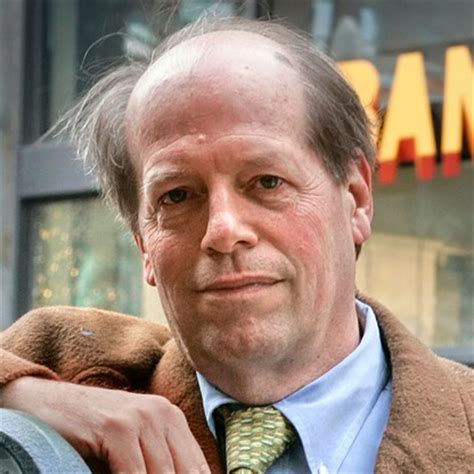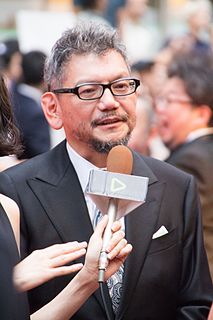A Quote by Simone de Beauvoir
Each person has his or her own very particular history and after all, the unconscious is the most secret part of ourselves.
Related Quotes
Each person with his or her history of being accepted or rejected, with his or her past history of inner pain and difficulties in relationships, is different. But in each one there is a yearning for communion and belonging, but at the same time a fear of it. Love is what we most want, yet it is what we fear the most.
In America, the stories we tell ourselves and we tell each other in fiction have to do with individualism. Every person here is the center of his or her own story. And our job as people and as characters is to find our own motivations and desires, to overcome conflicts and obstacles toward defining ourselves so that we grow and change.
From the living fountain of instinct flows everything that is creative; hence the unconscious is not merely conditioned by history, but is the very source of the creative impulse. It is like nature herself - prodigiously conservative, and yet transcending her own historical conditions in her acts of creation.
I don't think the world is the way we like to think it is. I don't think it's one solid world, but many, thousands upon thousands of them--as many as there are people--because each person perceives the world in his or her own way; each lives in his or her own world. Sometimes they connect, for a moment, or more rarely, for a lifetime, but mostly we are alone, each living in our own world, suffering our small deaths.
We need each other to do things that we can't do for ourselves. If we are intimately connected with each other, we just give things to each other; if we don't know each other we find another way to handle it. If you think about it, each according to his or her abilities and each according to his or her needs is sort of the same thing as supply and demand.
History without the history of science, to alter slightly an apothegm of Lord Bacon, resembles a statue of Polyphemus without his eye-that very feature being left out which most marks the spirit and life of the person. My own thesis is complementary: science taught ... without a sense of history is robbed of those very qualities that make it worth teaching to the student of the humanities and the social sciences.
Does the open wound in another's breast soften the pain of the gaping wound in our own? Or does the blood which is welling from another man's side staunch that which is pouring from our own? Does the general anguish of our fellow creatures lessen our own private and particular anguish? No, no, each suffers on his own account, each struggles with his own grief, each sheds his own tears.
Evangelion is like a puzzle, you know. Any person can see it and give his/her own answer. In other words, we're offering viewers to think by themselves, so that each person can imagine his/her own world. We will never offer the answers, even in the theatrical version. As for many Evangelion viewers, they may expect us to provide the 'all-about Eva' manuals, but there is no such thing. Don't expect to get answers by someone. Don't expect to be catered to all the time. We all have to find our own answers.





































